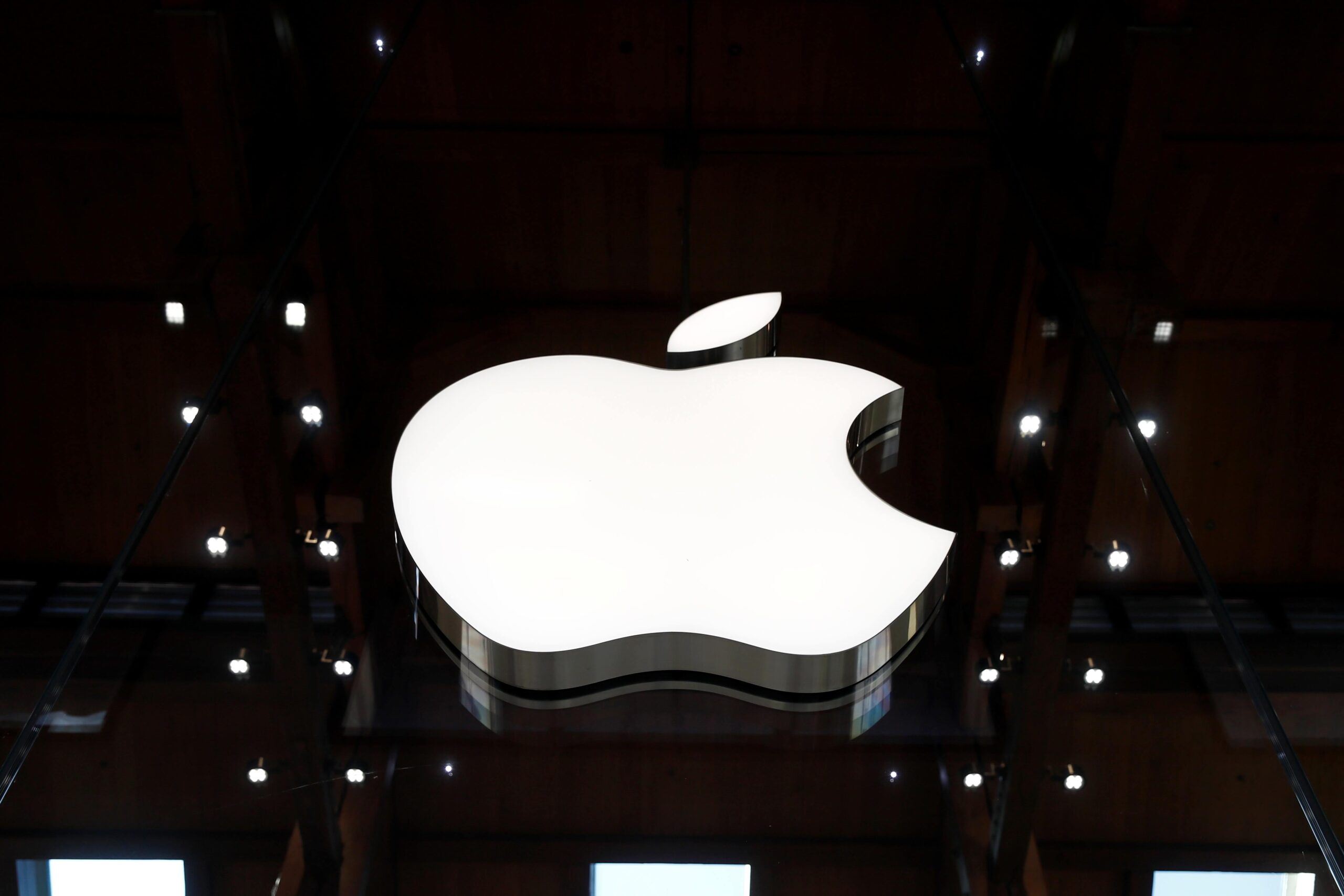Apple is facing a major challenge in France after the country’s radiation watchdog ordered it to stop selling the iPhone 12. The watchdog, the Agence Nationale des Fréquences (ANFR), said that the phone’s Specific Absorption Rate (SAR) – a measure of the rate of radiofrequency energy absorbed by the body from a piece of equipment – was higher than legally allowed.
The ANFR said that it had tested the iPhone 12 and found that it had a SAR of 5.74 watts per kilogram when held in the hand or kept in a trouser pocket. The European standard is a SAR of 4.0 watts per kilogram.
Apple has disputed the ANFR’s findings, saying that the phone is compliant with all applicable SAR regulations and standards in the world. The company has provided the agency with multiple Apple and independent third-party lab results to prove its compliance.
However, the ANFR is standing by its decision and has said that it expects Apple to take “all available means to put an end to the non-compliance.” If Apple fails to do so, the agency said that it could order a recall of all iPhone 12s already sold in France.
The dispute between Apple and the ANFR is a major setback for the iPhone maker in France. The country is Apple’s second-biggest market in Europe after Germany, and the iPhone 12 is one of the company’s most popular models.
The ANFR’s decision is also likely to have implications for other countries in the European Union. The agency has said that it will pass on its findings to regulators in other EU member states. This could lead to similar bans on the iPhone 12 in other countries.
The dispute between Apple and the ANFR is a reminder of the growing concerns about the potential health risks of exposure to radiofrequency radiation from mobile phones. Scientific studies have shown that exposure to high levels of radiofrequency radiation can increase the risk of some forms of cancer. However, the evidence is not clear-cut, and the World Health Organization has said that more research is needed.
The ANFR’s decision to ban the iPhone 12 is a significant step, and it could have a major impact on Apple’s business in France. The company will need to address the ANFR’s concerns if it wants to continue selling the iPhone 12 in the country.
In the meantime, the dispute is likely to fuel the debate about the safety of mobile phones and the risks of exposure to radiofrequency radiation.





